By Dr. Tiffany L Bierer, Scientific Affairs Manager
Pet poisons can be found in every home, meaning pet poisoning happens all too often. In fact, Pet Poison Helpline reports that thousands of dogs and cats suffer from accidental poisonings every year. That’s in part because many people aren’t aware that items that are safe for people aren’t necessarily safe for pets.
During National Poison Prevention Week (and every week!), make sure pet safety is part of your plan.
Here’s what you need to know.
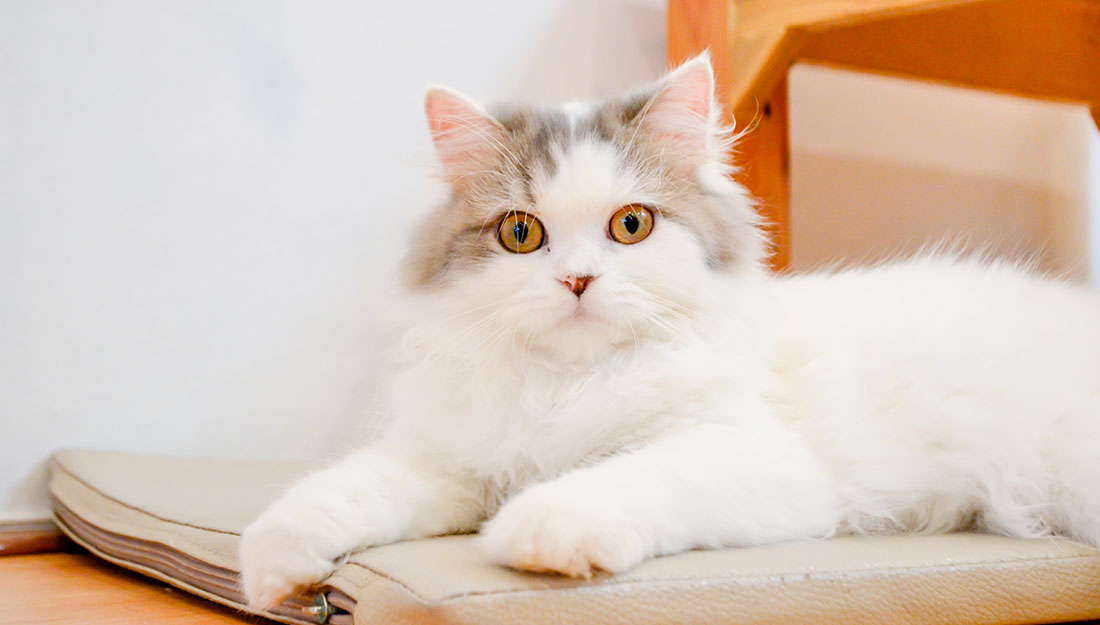
1. Know the pet poisons in your home
Dogs and cats can find trouble hiding anywhere, so it’s important to keep household toxins locked away and out of pets’ reach. From mothballs to mushrooms to medicines, make sure your pet doesn’t have access to anything dangerous. BANFIELD® Pet Hospital offers this helpful list of household toxins.

2. Manage your medications
Human medications can be toxic for pets. And, even though some medications are used in both animals and people, the dosage you might have on hand for human use could be deadly for a pet. The American Veterinary Medical Association says a quarter of all phone calls to the ASPCA Animal Poison Control Center are about medication-related poisonings. Here’s what AVMA recommends to keep pets safe.

3. Stay safe during spring cleaning
The best way to protect pets when cleaning is to keep them out of the room you’re working on – including time for the room to air out and for surfaces to dry. When using very strong cleaners or insecticides, keep pets away from the area for up 24 hours. And, all cleaners should be stored in a safe space out of pets’ reach.

4. Know the pet poisons in your garden too
Did you know daffodils, azaleas, lilies, oleander and tulips can all be poisonous to pets? And that’s not to mention other common hazards you might have in your yard, from insecticides to fertilizers to compost. Check this ASPCA list of toxic and non-toxic plants to make safe choices for your home.
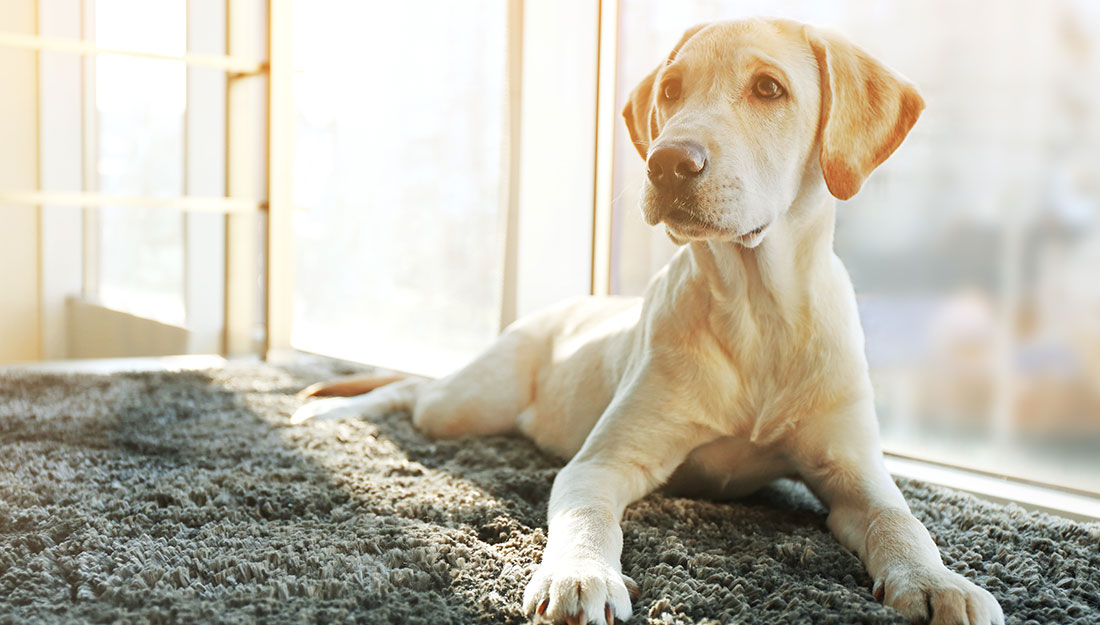
5. Another new threat is emerging
BLUEPEARL™ Veterinary Partners reports seeing more and more pets with marijuana poisoning. As more states legalize the substance, pets are getting into their owners’ supplies and suffering the consequences. You can read about other common household poisons in this BLUEPEARL post.
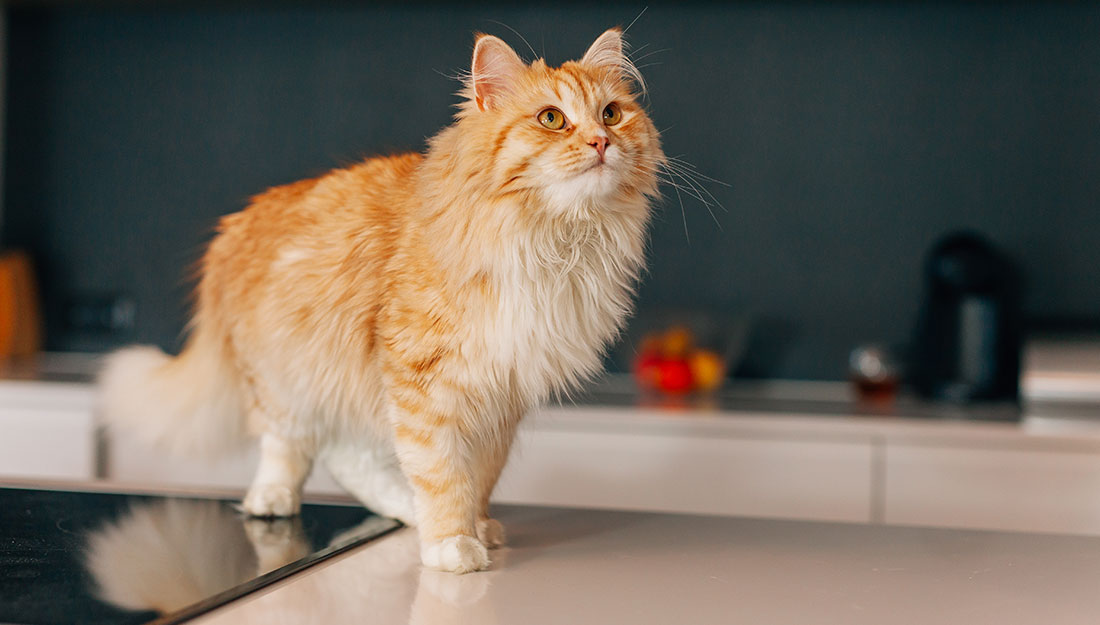
6. No human food on the menu!
Alcohol can cause weakness, coma and even death for pets. Raisins and grapes can cause kidney failure. Other human foods that are dangerous for pets include macadamia nuts, garlic, onions, xylitol sweetener and caffeine. The safest option is to keep pets away from people food. Also, check out this helpful Q&A from VCA Animal Hospitals about the dangers of chocolate for pets.

7. Training can help avoid pet poisons
Beyond keeping pet poisons stored safely out of pets’ reach, for dogs in particular, training can help you manage an emergency situation. By teaching your dog the “drop it” cue, you’ll be better able to stop him or her from eating or playing with something they shouldn’t. Learn 6 dog training tips here.
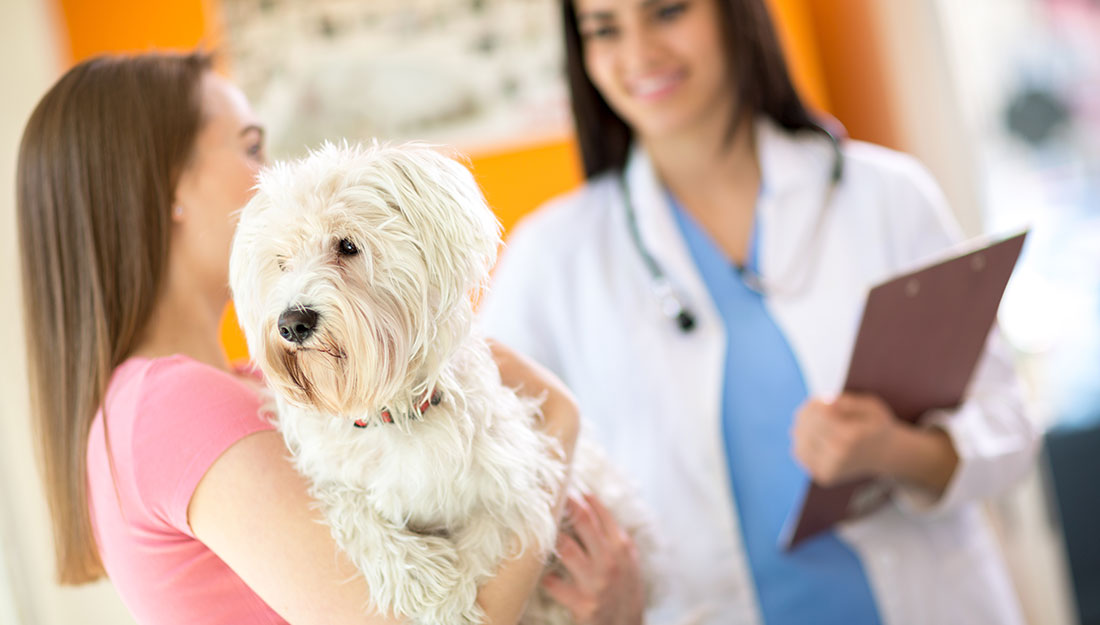
Pet poison emergency 101
What should you do if you think your pet may have ingested a pet poison? First, stay calm and separate your pet from the hazard so he or she can’t ingest more.
Second, contact your veterinarian, emergency pet hospital or animal poison hotline. Be ready to share what you think was ingested, when the poisoning occurred and the symptoms your pet is showing. Don’t try a home remedy without talking with a vet.
Taking precautions at home can greatly limit the chance your pets will get access to a pet poison. Please share this article to help spread the word and keep pets safe!

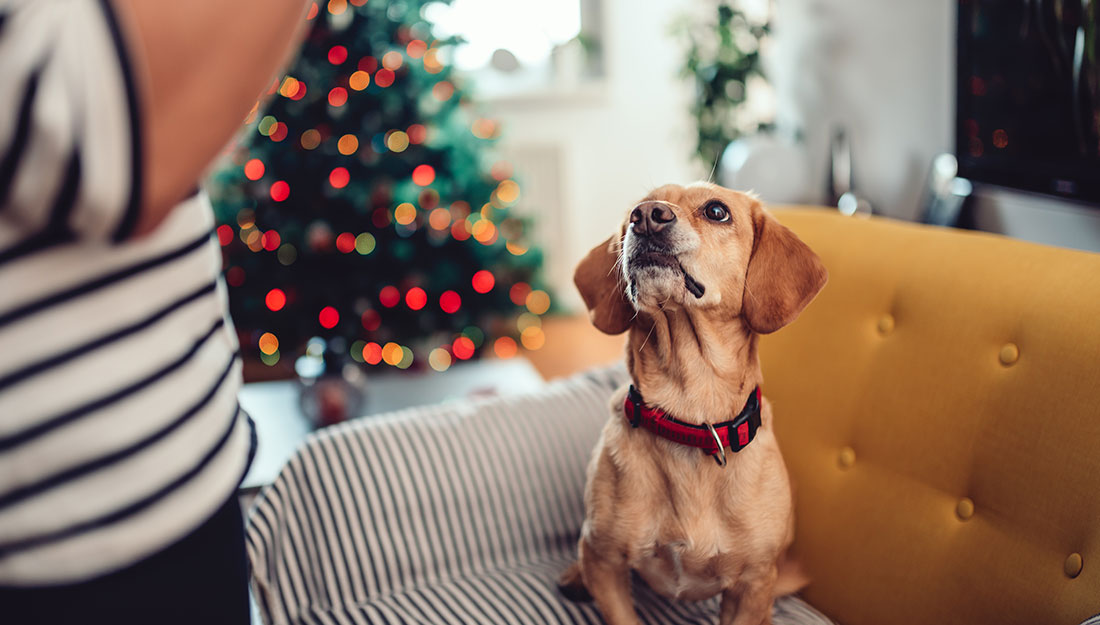
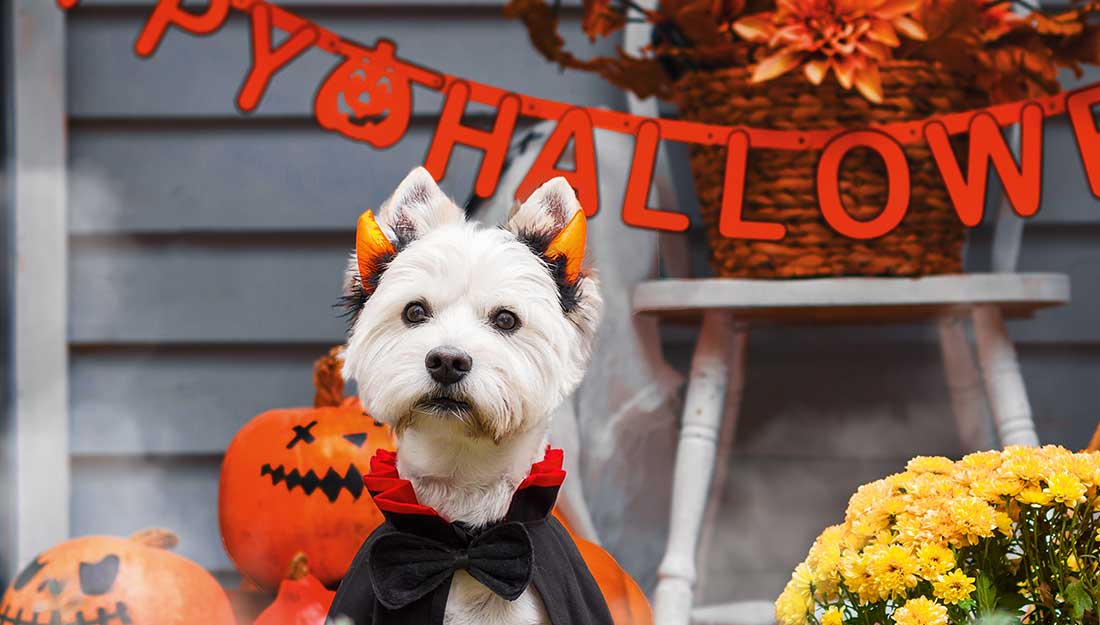


 Your Privacy Choices
Your Privacy Choices